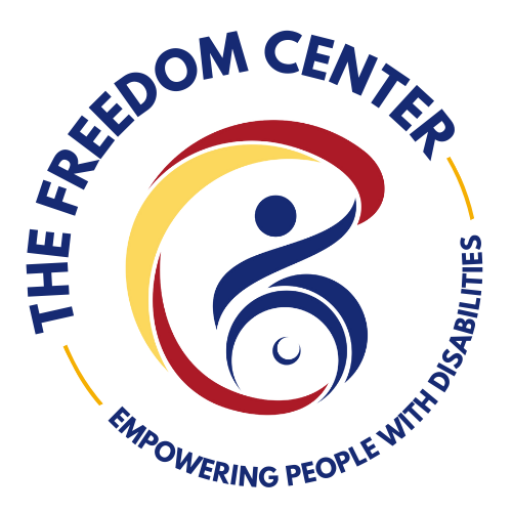The day that I’ll never forget. It was Friday, January 20, 2023, and I awoke on a mission because this was the day we all had to go into the new office for our Open House. I woke up and did my usual activity of getting ready for work, but I realized I was not feeling my best. I felt a heavy pressure on my chest, but I chalked it up to possibly sleeping on the wrong side.
I got to work that morning but by 11:00 am I was still feeling the heavy pressure. It was so uncomfortable that I eventually shared the concern with my co-workers. They started asking questions and suggesting I call an ambulance and head to the emergency room. I thought to myself, “I can’t go to the hospital, we have an open house today!” My co-worker suggested that I call my daughter, who is a nurse, and hear what she had to say. She asked me two questions regarding the discomfort: how long was I feeling this particular discomfort, and how would I measure it on a scale of one to ten. Before sending me off to the emergency room, she suggested that an EKG and troponin blood work be done. Normal bloodwork would be 0-0.4, my reading went from 6-19. The doctors called it a non-ST-elevation myocardial infarction (NSTEMI), which is a type of heart attack that usually happens when your heart’s need for oxygen can’t be met. This condition gets its name because it doesn’t have an easily identifiable electrical pattern (ST elevation) like the other main types of heart attacks.
A cardiac catheterization procedure was done. Cardiac catheterization (kath-uh-tur-ih-ZAY-shun) is a procedure in which a thin, flexible tube (catheter) is guided through a blood vessel to the heart to diagnose or treat certain heart conditions such as clogged arteries or irregular heartbeats. Cardiac catheterization gives doctors important information about the heart muscle, heart valves, and blood vessels in the heart. High blood pressure also played a large part, and my pressure was elevated at the time of being admitted. I spent three days in ICU, and while I was there I kept thinking this cannot be happening. It didn’t look like what I read or feel like what I read about, which tells me everybody’s feelings and experiences can be different. I watched what happened to football player Damar Hamlin and Lisa Marie Pressley, but not one time did I think that could happen to me. I now have a new lease and perspective on life. Taking care of your heart, and high blood pressure is very important. Making sure your medication works and never missing a dose.
High blood pressure can cause many heart problems, including:
- Coronary artery disease. Arteries narrowed and damaged by high blood pressure have trouble supplying blood to the heart. Too little blood flow to the heart can lead to chest pain (angina), irregular heart rhythms (arrhythmias), or a heart attack.
- Enlarged left heart. High blood pressure forces the heart to work harder to pump blood to the rest of the body. This causes the lower left heart chamber (left ventricle) to thicken. A thickened left ventricle increases the risk of heart attack, heart failure, and sudden cardiac death.
- Heart failure. Over time, the strain on the heart caused by high blood pressure can cause the heart muscle to weaken and work less efficiently. Eventually, the overwhelmed heart begins to fail.
